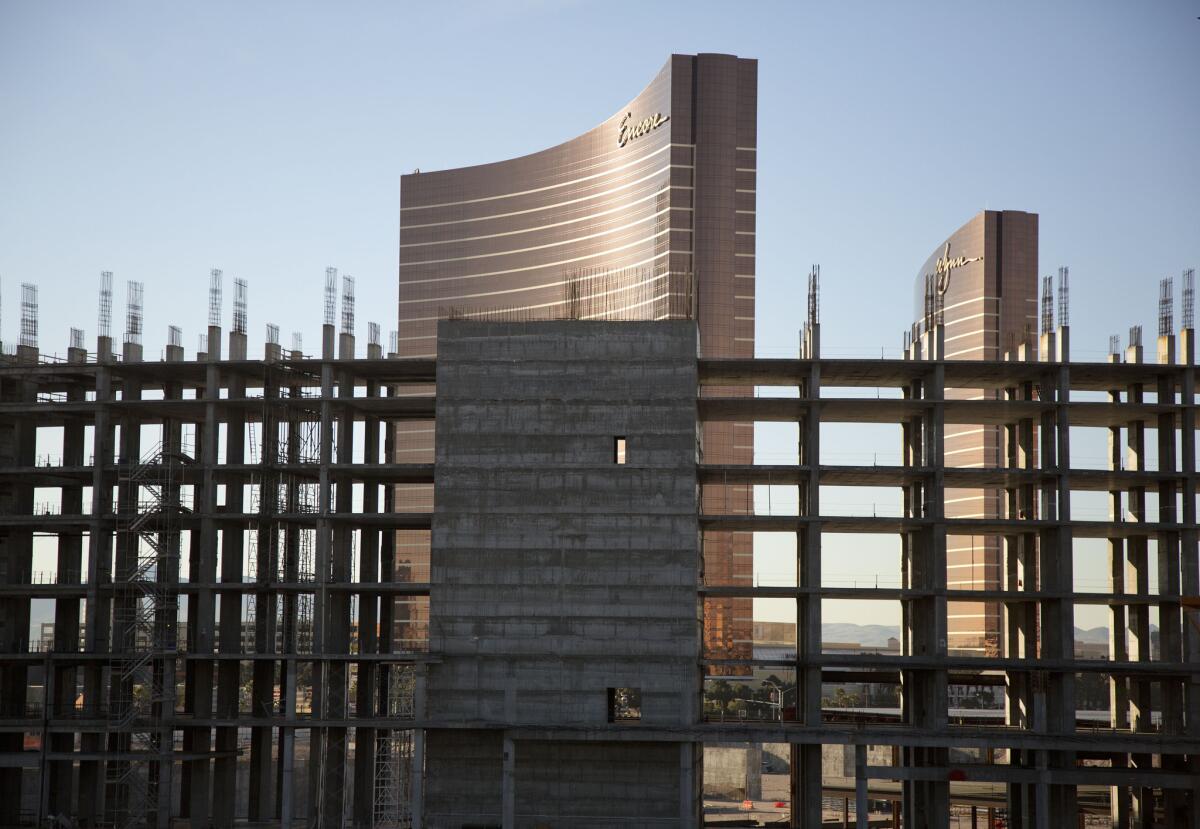Must hotels disclose construction? It’s better in long run if they do

Question: We recently went to one of our favorite getaways, booking just hours before we arrived. After checking in, we were escorted to our room and were surprised to see the main pool area closed because of construction. No one, from the reservation agent to the front desk, gave any hint of the noise, etc. Fortunately, our room was well away from the construction, but eating breakfast/lunch in the outdoor restaurant next to all that commotion was out of the question. We were surprised and disappointed by this nondisclosure and are left with a question: Are resorts/hotels required to inform people of ongoing disruptive construction?
Alice Glasser
Mar Vista
Answer: Hotels don’t have to tell you about construction, but not doing so puts a business in greater peril than construction ever could.
“In my opinion, I think you are obligated to let the guests know what to expect or anticipate,” said Lauren Summers, who has spent a dozen years in the travel industry, including seven in innkeeping.
Managing expectations was so important to Summers, who ran a guesthouse in Massachusetts, that she and her crew had a script that explained what guests should and should not expect, including dispelling the notion that they would be served a hot breakfast complete with china and crystal as a bed and breakfast would.
Parking was also included in a script “that everyone was trained to give,” she said. “We didn’t have a parking lot that had a space for every single room so some [guests] would end up parking on the street.... If there was construction that was affecting my parking lot, I would have an obligation [to disclose that], according to my sense of professional ethics.”
Tyler Diehl, owner of Zapdog Travel, a boutique agency in Beverly Hills that mainly handles entertainment and corporate travel, spent most of his career in the hotel business, including sales, and understands the pressures of and the need for revenue.
Hotels doing major construction and renovation sometimes close, but they also sometimes stay open and close floors, Diehl said, to make sure there is some revenue flowing (and room rates for the remaining accommodations, he added, sometimes went up, not down).
“You have salespeople who want to meet their goals,” said Diehl — and he was one of them. But, he added, “I have personal relationships with accounts that I wasn’t about to ruin” by not disclosing what was going on. The best hotels he worked with communicated such news early in the booking process, he said.
If yours didn’t, you need to make it clear — before you leave — that you’re disappointed, Diehl said. Do so at check-in or as close to check-in as possible, he said.
“If you wait until you’ve checked out and paid for everything, you’re going to have a hard time — it’s not impossible — getting a discount,” Diehl said.
You have to be your own best advocate, both Summers and Diehl said, so it’s a good idea when you’re booking to ask what you should know about changes or new projects at the property.
That is, unless you’re using a travel agent.
“If you use a travel agent [to book], you have a fallback,” said Freddy Reinert, vice president of Sienna Charles, a travel agency in New York and Palm Beach, Fla., that deals with upscale clients and travel. “It would be our responsibility to make sure everything goes well.”
Because of relationships travel agents have with properties they often deal with, a hotel or resort is much more apt to disclose to them that there are construction or other issues, said Jaclyn India, president of Sienna Charles who is married to Reinert.
What you know may depend on whom you know — or on your ability to ferret out information ahead of a visit. Either way, you have some protection along with a helping of peace of mind.
Have a travel dilemma? Write to travel@latimes.com. We regret we cannot answer every inquiry.
More to Read
Sign up for The Wild
We’ll help you find the best places to hike, bike and run, as well as the perfect silent spots for meditation and yoga.
You may occasionally receive promotional content from the Los Angeles Times.







